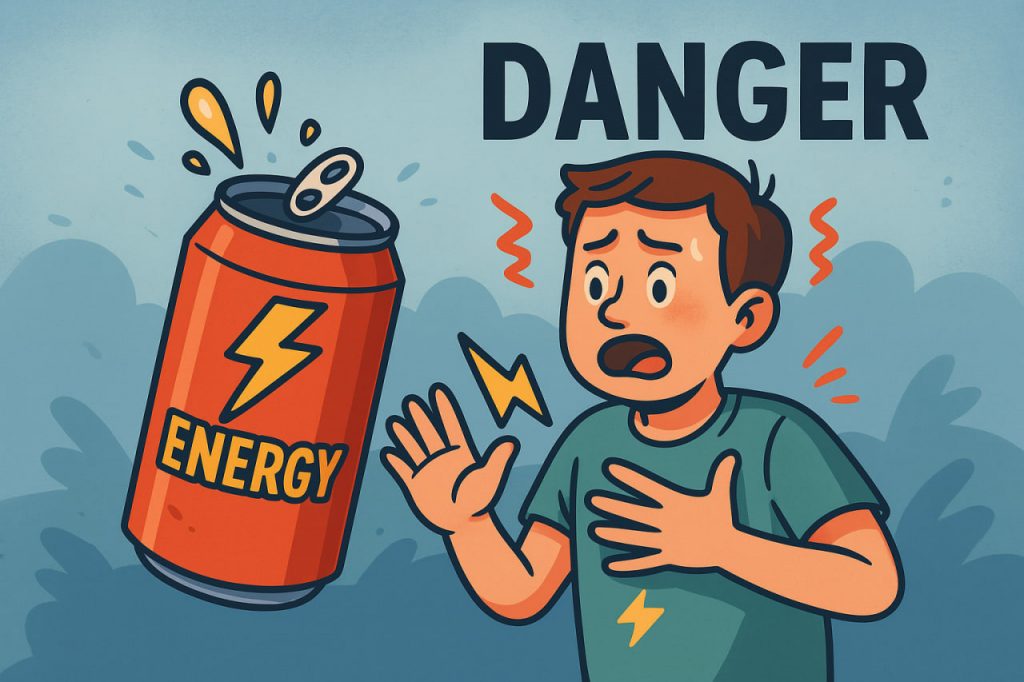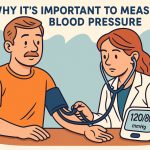Energy drinks have become increasingly popular, especially among teenagers, students, and young professionals. Marketed as a way to boost alertness, physical performance, and mental focus, these beverages often contain high doses of caffeine, sugar, and other stimulants. While occasional consumption may not pose a serious risk for healthy individuals, regular or excessive intake can lead to a range of health problems.
What Do Energy Drinks Contain?
Most energy drinks include large amounts of caffeine, sometimes equivalent to 2–3 cups of coffee in a single can. They also contain sugar, taurine, guarana, ginseng, and B vitamins. These ingredients are meant to provide a quick boost in energy and concentration, but the combination can strain the cardiovascular and nervous systems.
Short-Term Effects
Immediately after consumption, people may feel increased alertness, heart rate, and blood pressure. This is due to the stimulatory effect of caffeine and related compounds. In some cases, users may also experience anxiety, irritability, tremors, or insomnia, especially if the drink is consumed in the evening or on an empty stomach.
Long-Term Health Risks
Regular consumption of energy drinks has been linked to:
- Heart problems, including irregular heartbeat and increased risk of hypertension
- Sleep disorders, which affect mental and physical recovery
- Weight gain and metabolic issues due to high sugar content
- Mental health issues, including increased risk of anxiety and mood swings
- Dependence, where the body starts relying on stimulants to stay functional
These effects are especially dangerous for young people, individuals with heart conditions, and those taking certain medications.
Mixing with Alcohol
A particularly risky behavior is mixing energy drinks with alcohol. This combination can mask the depressant effects of alcohol, leading to increased consumption and higher risk of accidents, dehydration, and alcohol poisoning. The body becomes confused by the opposing effects — stimulation from caffeine and poisoning from alcohol — leading to poor decision-making.
Regulation and Warnings
In many countries, energy drinks are poorly regulated, and labels may not clearly indicate the amount of caffeine per serving. Some governments and schools have already issued warnings or restrictions on their sale, particularly to minors.
Glossary
- Energy drinks – beverages containing caffeine and other stimulants intended to boost energy and alertness
- Caffeine – a natural stimulant that affects the brain and nervous system
- Stimulants – substances that temporarily increase physiological activity
- Cardiovascular system – the system consisting of the heart and blood vessels
- Insomnia – a condition where a person has difficulty falling or staying asleep
- Taurine – an amino acid often added to energy drinks, effects in high doses are not well understood
- Guarana – a plant extract that contains caffeine
- Dependence – when the body starts to require a substance to function normally


